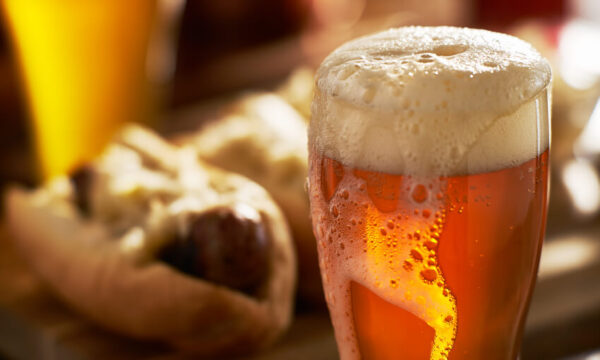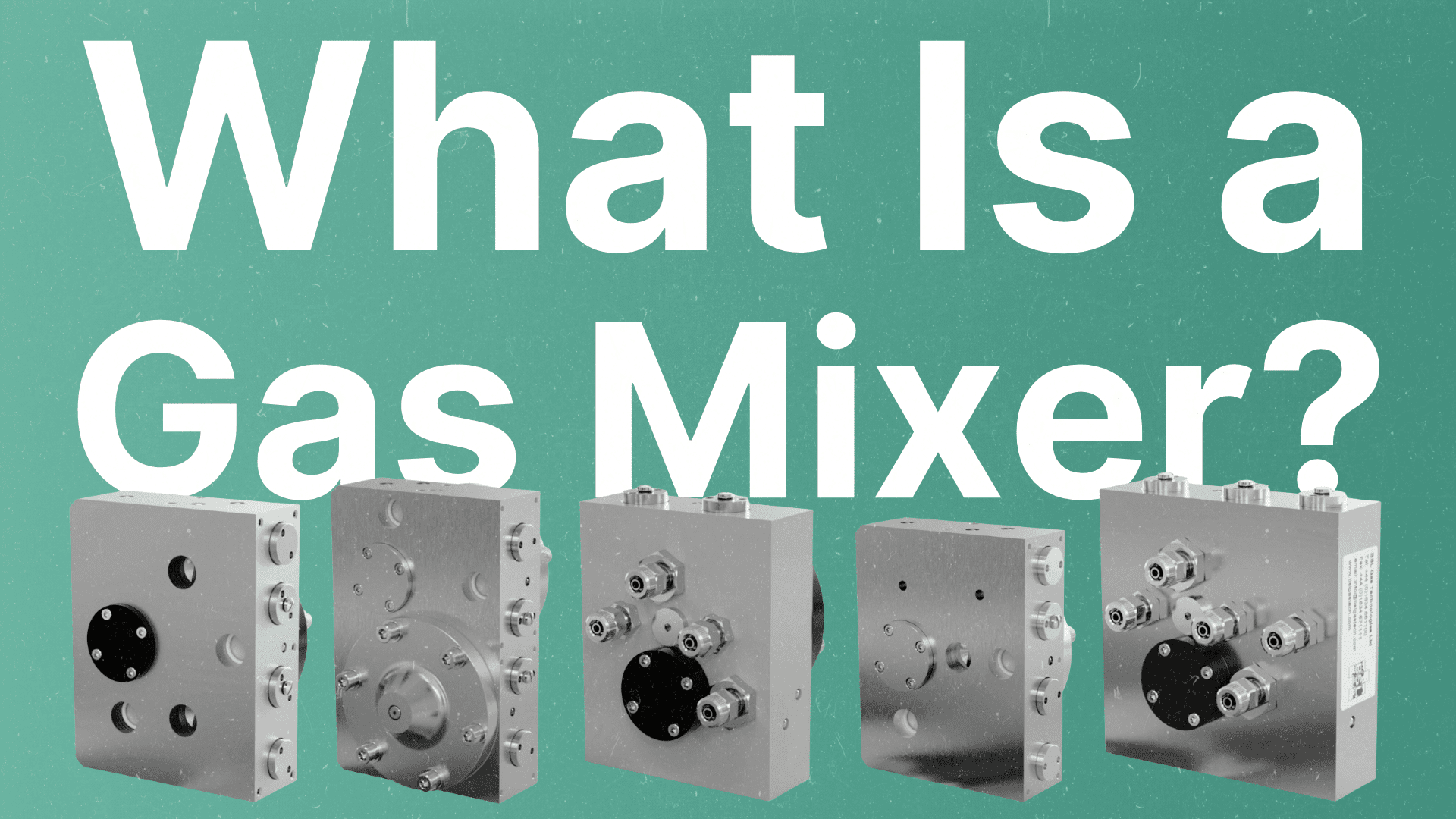There are few things more disappointing for a beer enthusiast than eagerly pouring a pint only to be greeted by excessive foam, a phenomenon commonly known as beer fobbing. Whether you’re a seasoned homebrewer or a patron at your local pub, encountering excessive foam can be frustrating and puzzling.
So, why does this happen and what can be done to prevent it?
Beer foaming, or fobbing, occurs when carbon dioxide (CO₂) gas escapes rapidly from the liquid, creating an excess of foam. Several factors contribute to this process, including temperature, pressure and the quality of the beer itself.
Understanding fobbing:
Temperature: When beer is too warm, CO₂ is released more rapidly from the liquid, resulting in excessive foam. On the other hand, serving beer at excessively cold temperatures can cause the CO₂ to remain trapped in the liquid, leading to under-carbonation.
Pressure: High pressure can cause CO₂ to be forced out of solution more rapidly, resulting in increased foam production. Conversely, low pressure can lead to under-carbonation and flat beer.
Brew Quality: The composition of the beer itself greatly affects its foaming characteristics. Factors such as carbonation level, protein content and yeast activity all contribute to foam formation. Beers with higher carbonation levels or excessive protein content are more prone to fobbing. Additionally, residual yeast activity can produce excess CO₂, leading to foaming issues.

Fortunately, there are several steps you can take to minimise beer foaming and ensure a perfect pour every time:
Temperature Control: Temperature control is crucial, with 3.3°C or 38°F being the ideal storage temperature for carbonated products. Pressure regulation is equally important, ensuring efficient transport of beer from keg to glass while minimising foaming.
Optimising Dispensing Systems: Achieving the perfect pour requires more than just troubleshooting; it requires optimisation of dispensing systems and processes. Temperature and pressure control are critical factors, influencing pour quality, flavour and customer satisfaction. By maintaining consistent cellar temperatures and customising pressure blends using equipment such as gas mixing panels, brewers can ensure optimal dispense conditions for a diverse range of products.
Maintaining Hygiene and Quality: Cleanliness and hygiene are paramount in beer dispensing, with proper equipment maintenance and cleaning protocols essential for preventing contamination and maintaining beer quality. Regular inspection of dispensing lines, equipment and glassware is necessary to ensure cleanliness and prevent issues such as hazy beer or off-flavours.
Preventing Over-Carbonation: BSL Gas Mixers offer brewers precise control over carbonation levels, allowing them to minimise foaming and optimise pour quality. With options for custom mix ratios, brewers can tailor gas blends to suit their specific beer styles, ensuring consistent flavour profiles and customer satisfaction. Our Gas Mixers use a pressure mechanical system, ensuring no wasted gas in the event of a supply loss.
Troubleshooting Beer Dispensing Issues: When faced with beer dispensing issues, brewers and engineers must employ a systematic approach to diagnosis and resolution. Every piece of gas mixing equipment that leaves our headquarters comes pre-certified for its required calibration settings, ensuring nothing but the highest standards of operation. With a BSL mixer, you can rest assured that our experienced team of engineers are here to help whenever you need us.
Our equipment is renowned for its reliability and low maintenance costs, making it an ideal choice for breweries of all sizes. With no need for electrical supplies or buffer tanks, our Gas Mixers offer flexibility within the cellar. Get in touch with us today via solutions@bslgastech.com to find out how our gas mixing systems can transform your operations!
If you’re interested in reading our other blog posts, you can do that here. Make sure you’re following us on LinkedIn, Facebook, Twitter and YouTube so that you never miss an update from us.




